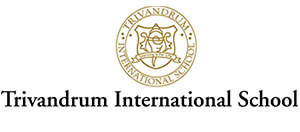In a world exceedingly dictated by technology, the possibilities of a technology-driven learning environment are endless. Using games in the classroom is an exciting proposition as it places pupils in the thick of the action. The Digital Game-Based Learning (DGBL) approach utilizes games as the medium for conveying learning contents. A number of studies have proven that game-based learning, by placing players in these virtual worlds, where they can move and act freely, promotes problem-solving, goal-oriented behaviour, engagement and motivation, strategic thinking, group decision-making and higher cognitive skills.
Teachers make the outcomes of the games clear and provide immediate feedback. Students have an interactive association not only with the game, but with other students as well. Such controlled and structured gaming gives pupils an objective to work towards what can only be successfully achieved by comprehending the rules, applying suitable actions and completing tasks. Students get an opportunity to stimulate the full potential of their thinking capacity, aided by visual, graphical and musical cues and on-site feedback from teachers who oversee the whole programme.
There is something to be said about making learning fun and fascinating. Rekindling students’ interest in educating themselves through a medium that they can get onboard with is now made easy with Digital Game-Based Learning. General perceptions of the usefulness of games to support learning are certain to improve over the next few years, as the generations learning with games in the classroom reach tertiary education and as teachers receive tools and guidance for developing their own game-based learning activities with groups of learners having different skills, levels and competencies. While years have been wasted debating over whether digital games are suitable to be used in education, currently it is only a matter of question of how they can be best employed in learning. Here at TRINS, our students & teachers are open to the endless possibilities of game-based learning.



